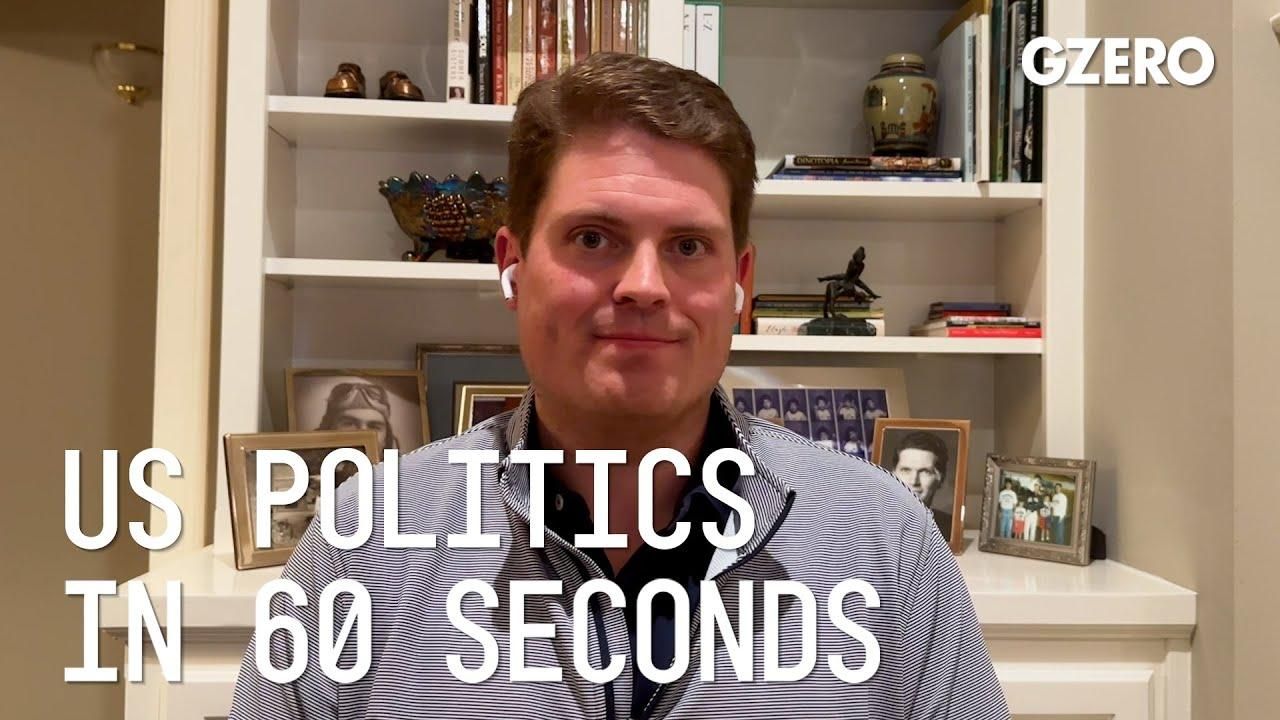
Clayton Allen, Director for the United States at Eurasia Group, shares his perspective on US politics.
How well President Zelensky did in his speech to a joint session of Congress earlier this evening?
Stylistically, Zelensky did well. He came to make an impassioned appeal and his speech fit that to a T. He contextualized Ukraine's struggle through comparison to major US battles like the Battle of the Bulge or Saratoga, something which clearly resonated with his audience. While he hit his mark tonight though, the impact of his speech on US policy might not be fully clear until the second half of next year. Congress is set to approve about $45 billion in additional aid for Ukraine in the coming days. Zelensky came to convince members, specifically the incoming Republican House majority that even more is needed.
The new Republican majority has expressed concern over the lack of a clear endgame for the war and a lack of oversight in how aid has been spent and has said that it won't provide a "blank check" for Ukraine next year. However, this doesn't mean "no check," and there's still very strong bipartisan support for assisting Ukraine. Zelensky did try to address some of Republican's concerns by talking about how increased US aid is the only way to accelerate progression towards a resolution. With Congress unlikely to vote on any new aid packages until next fall though, when this $45 billion aid tranche runs out, Zelensky's speech is far from the last word on the matter, and it really previews what's likely to be a high profile advocacy campaign through most of next year.
Pretty much everyone compared Zelensky to Churchill and while that maybe sets an unfairly high bar, there are some interesting parallels. Churchill was the last wartime leader to address a joint session of Congress and like Britain, Ukraine is leaning on US Military aid in its fight against a large and very well-resourced foe. However, unlike in World War II with the US dead set against sending troops or becoming directly involved, that military aid is even more crucial for Zelensky, something which came across very clearly tonight.